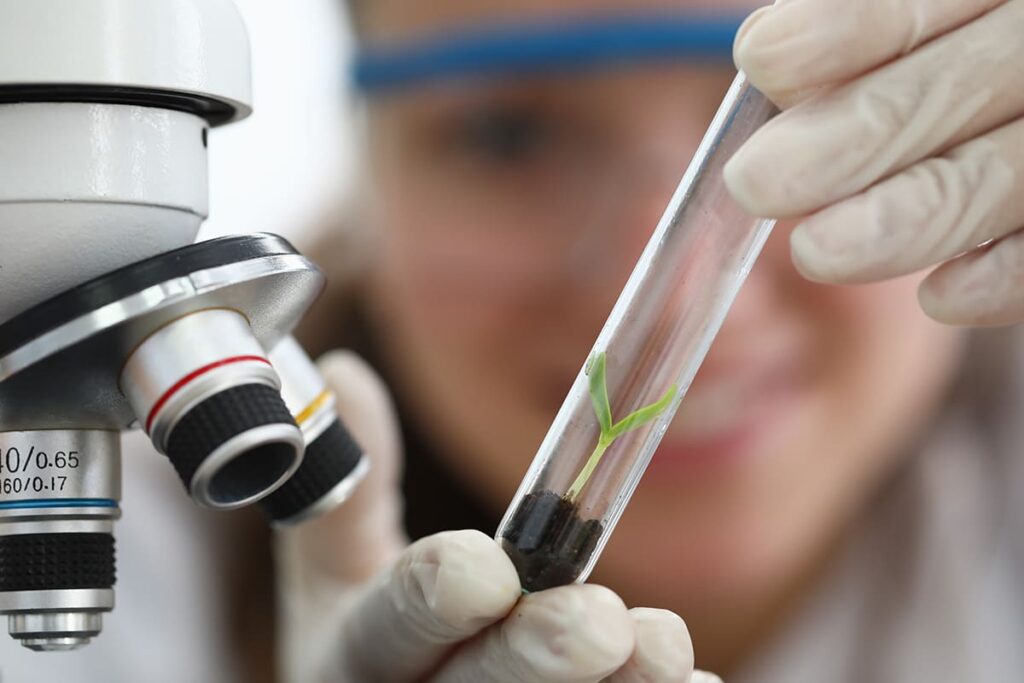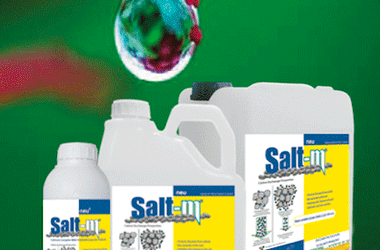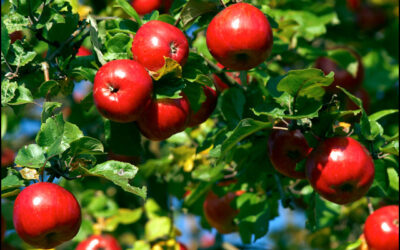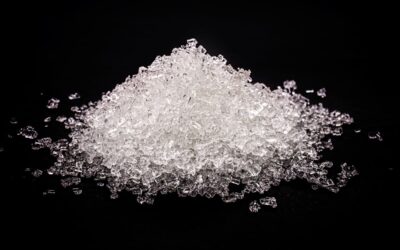Importance of Proper Fertilization
Like other living things, plants need nutrients to complete their growth and development. They get nutrients both from the soil and from the air. So what do they do when they can’t get the nutrients they need from the soil? In this case, just like humans, plants also have to take these nutrients from outside. For this reason, large amounts of agricultural products are wasted in the world every year due to bad farming practices.
Some farmers think that the more fertilizer they give; the more crops they can get. For this reason, they throw fertilizer far above the amount of fertilizer they need to apply. Unfortunately, this process causes more money to be spent on fertilizers, a decrease in yield, poor production quality, and unhealthy products.
What is Proper Fertilization?
Compounds that contain one or more plant nutrients together are called fertilizers. Applying fertilizers to the soil or directly to the plant is called “fertilization.” So, how do we understand how much nutrients the plant needs and how much the plant can feed on the soil? The best way to understand this situation is to make a soil analysis. Unfortunately, farmers are avoiding making soil analysis, which is the biggest mistake of the farmers. Some farmers want to do this soil analysis, but they do not know how to proceed. Almost all over the world, such analyzes are carried out by state-supported agriculture directorates.
Harms of Over Fertilizing
As a result of excessive fertilizer application:
- The amount of organic substance in the soil will decrease. Therefore, the humus rate in the soil will decrease.
- The activity of beneficial living things in the soil will decrease. These beneficial creatures are the creatures that ensure the retention of nutrients in the soil.
- The fertilizers, which are given due to the decrease of these organisms, cannot be kept in the soil.
- Excessive fertilizers will be washed away from the soil surface, and there will be excessive fertilizer accumulation in the groundwater. This will lead to groundwater pollution.
- Salt accumulation in the soil will increase. This means that in the salty soil, the plants will not absorb the nutrients they need.
Soil Analysis in Agriculture
As can be seen, many problems may arise as a result of over-fertilization. The best way to fix these problems is to apply the right fertilizer to the soil as necessary by having a soil analysis. In addition, it is helpful to regulate the humus structure of the soil by applying burnt barn manure every 3-4 years. In other words, it is necessary to regain the beneficial microorganisms that should be in the soil. Moreover, it is essential to spread organic fertilizers without delay.
This article aims to explain the harms of wrong fertilization so that everyone can understand without using scientific language. Even if you are not personally engaged in agriculture, you can forward this article to the people around you who are involved in agriculture. Let’s not forget that we all have responsibilities. Because we all live in this geography, and we are all indirectly affected by fertilization mistakes. Let’s protect our land and have healthy food!



